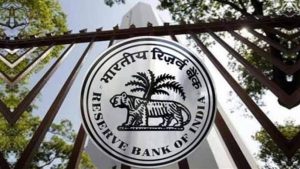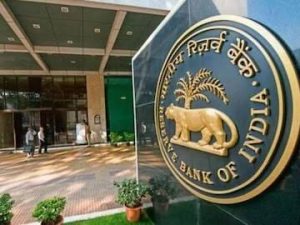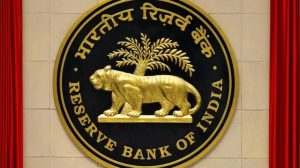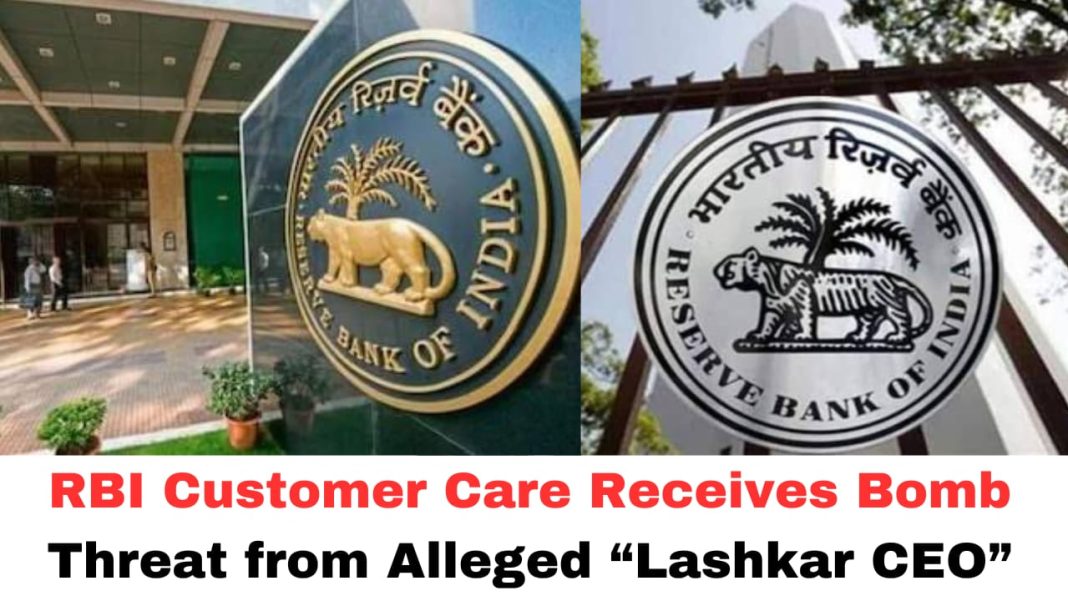Digital News Guru Mumbai Desk:
Mumbai: A bomb threat was received on the Reserve Bank of India (RBI)’s customer care number. The call came on the helpline number around 11 am on Saturday and he threatened to blow up the central bank with a bomb.
The Reserve Bank of India (RBI) helpline reportedly received a bomb threat from an individual who claimed to be the “CEO” of the militant group Lashkar-e-Taiba (LeT). The incident has raised alarm bells across security agencies and put various institutions on high alert as authorities delve deeper into the matter.
Details of the Threat
According to initial reports, the call was placed to the RBI’s customer service line, where the caller declared himself as the CEO of Lashkar-e-Taiba. LeT is a well-known Pakistan-based terror organization, infamous for orchestrating the 2008 Mumbai attacks. The caller did not stop at merely identifying himself; he went on to make an explicit bomb threat, suggesting that the safety of key locations was in jeopardy.

While specific locations or targets were not immediately disclosed by officials, it is clear that security agencies have been mobilized to assess the credibility of the threat. Counter-terrorism units, law enforcement agencies, and intelligence teams are collaborating to determine whether the call represents a serious security risk or is merely a hoax aimed at inciting panic.
Security Response and Investigation
Mumbai Police has filed a case and is trying to hunt down the caller. Authorities swiftly launched an investigation to trace the origins of the call. Forensic analysis of the caller’s details and communications is underway. Law enforcement teams are also reviewing surveillance footage from areas associated with sensitive government or financial operations.
The seriousness of the situation cannot be underestimated, especially given the history of attacks orchestrated by Lashkar-e-Taiba. The terror outfit has been responsible for several high-profile acts of violence in India, making any association with the group particularly unsettling.
Why the RBI?
The Reserve Bank of India is the backbone of the country’s financial system, responsible for monetary policy, banking regulation, and economic stability. Any threat to the RBI, whether physical or cyber-based, is a significant cause for concern. Such threats are designed to undermine public confidence and create an atmosphere of fear around crucial national infrastructure. As India continues to expand its global financial footprint, maintaining the safety and security of its central banking institution is of paramount importance.

Terror groups like Lashkar-e-Taiba often target institutions with symbolic value, aiming to send a message or disrupt national stability. Even though this incident may not have involved physical violence, the psychological impact on citizens and the financial sector can be significant. Markets can be sensitive to security news, and even unfounded threats can lead to ripple effects on economic activities.
Public Safety and Security Measures
In response to the incident, the government has assured the public that all necessary precautions are being taken. There is an increased police presence around critical infrastructure, such as banks, transportation hubs, and government buildings. Additionally, major metropolitan areas have heightened security protocols, with checkpoints and random searches implemented to prevent any adverse events.
Speculations and Possible Motivations
The caller’s claim of being a “CEO” of Lashkar-e-Taiba is also intriguing, as it reflects an unusual nomenclature for a terror group leader. Experts point out that such terminology may have been deliberately chosen to ridicule or mock the corporate world’s language, or it may be a new form of psychological manipulation.
Lashkar-e-Taiba’s Track Record
Lashkar-e-Taiba, the group allegedly linked to the threat, is notorious for its violent campaigns in India. Headquartered in Pakistan, the organization has consistently been accused of undermining Indian security through acts of terror. The 2008 Mumbai attacks are the most infamous example, with the group responsible for killing over 170 people in coordinated strikes on multiple high-profile locations. This history makes any reference to LeT, especially when associated with a bomb threat, a grave issue for national security.
India’s relations with Pakistan have often been strained due to cross-border terrorism. Such incidents further complicate diplomatic efforts and necessitate enhanced security collaboration at both national and international levels.
Moving Forward
The outcome of this investigation will be crucial. Authorities must decipher whether the caller indeed has ties to Lashkar-e-Taiba or if the threat is a part of a broader scheme. In today’s age of information and mischief-making, where prank calls can also have severe implications, authorities cannot afford to take any threats lightly.

The case also raises broader concerns about how financial and critical institutions handle and react to threats. The RBI, as the nation’s central banking authority, plays a crucial role in economic stability. Any disruption, even in the form of a threat, can have ripple effects across financial markets and general public confidence.
For now, citizens can take comfort in knowing that security agencies are vigilant and that efforts are being made to ensure the country’s safety. However, it serves as a grim reminder of the persistent threats posed by terror groups and the ongoing challenges in countering extremism.
As investigations continue, updates are expected to reveal more about the nature of the call and the measures being taken to safeguard India’s critical infrastructure.
You May Also Read: Pushpa 2 Trailer Launch: Trailer Highlights, Plot Insights, and Allu Arjun’s Dominance








